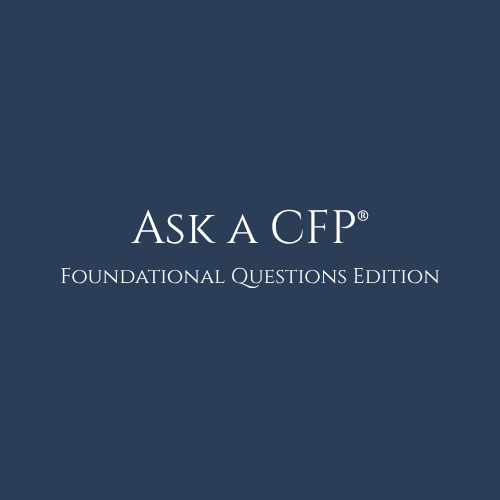Educational Blog Posts and Guides
From quick explainers to in-depth guides, explore financial education designed to help you understand the topics that matter most.
-
Disclosures:
All videos are for informational and educational purposes only and should not be construed as personalized investment, tax, or legal advice. Sanders Retirement Planning LLC does not provide legal or tax advice. Please consult your financial advisor, tax professional, or attorney regarding your specific situation.
Laws are complex and subject to change. The information provided is believed to be from reliable sources, but its accuracy and completeness cannot be guaranteed. Links to third-party sites are for informational use only and do not constitute an endorsement.
Advisory services are offered through Sanders Retirement Planning LLC, a Registered Investment Adviser. Services may not be available in all jurisdictions. Past performance is not indicative of future results. All investments carry risk, including the potential loss of principal.
Ask a CFP® Blog Series
Friendly answers to common financial questions.
Educational Blogs
Articles exploring retirement strategies, investing principles, and financial planning insights.
Guides
Downloadable resources designed to help you take clear, confident steps toward your financial goals.









